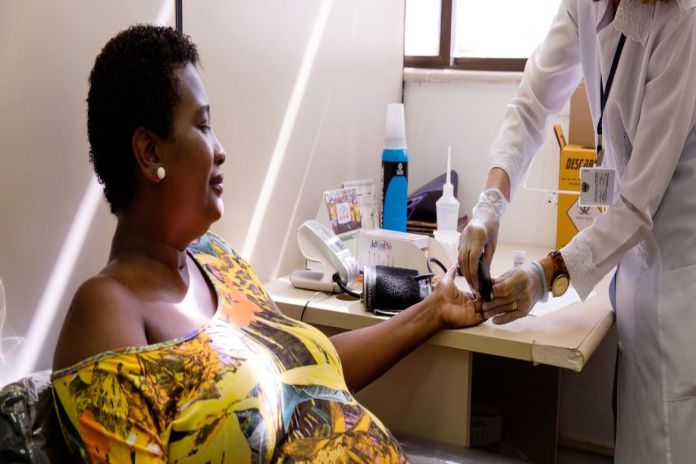GENEVA, Switzerland – Global diabetes cases have quadrupled since 1990, affecting over 800 million adults worldwide, according to a World Health Organization (WHO) study released to coincide with World Diabetes Day.
The published findings highlight the need for immediate global action to address this epidemic, said the UN health agency. The study was conducted by the NCD Risk Factor Collaboration (NCD-RisC), a worldwide network of 1,500 researchers and practitioners in collaboration with WHO.
It is the first global analysis of trends in both diabetes rates and treatment coverage based on data from 140 million people across the world aged 18 or older.
The analysis revealed a doubling of diabetes cases from seven to 14 percent between 1990 and 2022 with nearly 450 million adults – 60 percent of those affected – remaining untreated. This emergency particularly impacts low- and middle-income countries (LMICs) where 90% of untreated cases are located.
“We have seen an alarming rise in diabetes over the past three decades, which reflects the increase in obesity, compounded by the impacts of the marketing of unhealthy food, a lack of physical activity and economic hardship,” warned WHO Director-General Tedros Adhanom Ghebreyesus.


Regional challenges
Southeast Asia and Eastern Mediterranean regions face the highest burden, with approximately 20 percent of adults affected. These regions, along with Africa, report the lowest treatment rates, with fewer than four in 10 diabetic adults taking glucose-lowering medication.
In response to these challenges, WHO is launching a new global monitoring framework, focusing on key indicators including glycaemic control and access to essential medicines. This product represents a crucial step in the global response, providing comprehensive guidance to countries measuring and evaluating diabetes prevention, care, outcomes and impacts.
This initiative complements the Global Diabetes Compact of 2021, which aims to ensure equitable access to comprehensive care. The framework represents a crucial step in standardising diabetes prevention and treatment approaches across different healthcare systems worldwide, said WHO.
Path forward
“To bring the global diabetes epidemic under control, countries must urgently take action,” Tedros emphasised. “This starts with enacting policies that support healthy diets and physical activity, and most importantly, health systems that provide prevention, early detection and treatment,” he added.
WHO has set ambitious targets including 80 percent of diagnosed diabetes patients achieving good glycaemic control by 2030. This goal forms a broader strategy to address the root causes of the epidemic, while improving access to essential treatments.





